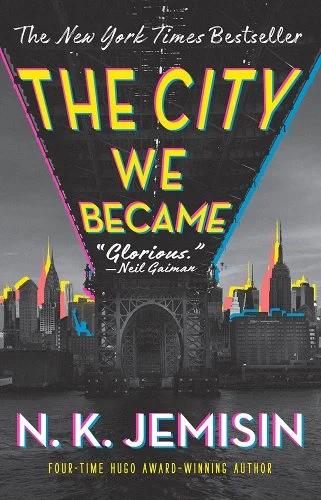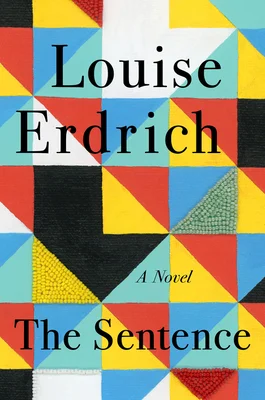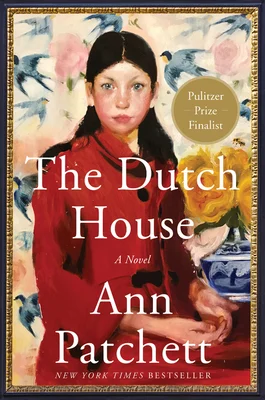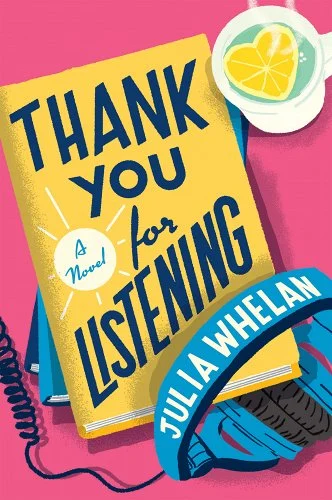This post may include affiliate links, which means we make a small commission on any sales. This commission helps Feminist Book Club pay our contributors, so thanks for supporting small, independent media!
In late 2018, my best friend and I signed up for a half marathon and trained through winter, following a training plan she found through a Google search. It was just a grid with the number of miles we were supposed to run every day, increasing over the course of 12 weeks. I ran every run as fast as I could, to a soundtrack of fast-paced punk music. The plan culminated with a satisfying 13.1 miles, and I felt accomplished.
But, as I began training for my first marathon last year and my speed had seemingly plateaued in spite of the many miles I was running, I began to do some research. Everything I read pointed me towards a stunning realization: I was running much too fast much, much too much of the time. Taking every run as fast as my legs could carry me, it turned out, was not the way to be a successful runner long term.
A good training plan has variety. You should keep your hard runs hard and your easy ones should actually be easy. Many experts seem to agree that 80% of your runs should be done at a conversational pace. If a marathon plan peaks at around 50 miles per week, that means that 40 of those should be run at an easy pace. For me, that equals around 6 hours a week—a lot of time to spend moving relatively slowly.
As I willed myself slower, I struggled to keep my pace light when listening to music. I’d get into a fun or fast-paced song and my mind and my feet would get carried away. I tried podcasts, but I struggled to pay attention and got bored.
I had never listened to audiobooks; I’d written them off as something that just wasn’t for me. But a friend emphatically recommended Homegoing at a time when I suddenly had a lot of hours to fill with audio narration. I was blown away. It was engrossing. I found myself wanting to run even longer to find out what happens to each of the seven generations the story depicts. Yaa Gyasi’s storytelling is so compelling, and the book is expansive. The miles passed quickly—but not too quickly—as I listened to the story unfold. Listening to audiobooks, I learned, keeps me effortlessly at an easy, conversational pace.
Dominic Hoffman is a masterful narrator, who performs the book in a way I hadn’t known was possible, adeptly switching accents to portray the changing of characters and time. It’s a gut-wrenching story about hope and family, and one I am glad I encountered in this form.
I’ve listened to books on my runs ever since. Listening to a good audiobook makes a nice run on a crisp fall day that much nicer. On a grueling run in the heat or rain, it is indispensable. I find that I often listen to books I wouldn’t have read otherwise, often stumbling upon something I’ve never heard before as I look for my next listen. It turns out that I am a more adventurous listener, drawn to strong narratives across different genres.
Some of my favorites have been:
The City We Became by N.K. Jemisin

N.K. Jemisin’s The City We Became is a rich urban fantasy. It was a particularly fun book for me to listen to while I ran through New York City’s streets in preparation for the NYC marathon. As my routes weaved through each borough, so did this story. The book brought the city to life in new ways, giving each borough a human avatar that embodies its spirit. The city is under threat and these avatars need to find one another, band together, and vanquish it. This is a moving book about the city, the way it changes, and the transformations it has the power to cause in its residents. It is also about race, about community and interconnection.
Robin Miles portrays each avatar—their essence and their accents—vibrantly, adding a great degree of depth to the story. This is a complex, riveting book, the narration of which propelled me through it and through the streets it depicted. I’m excited to listen to the sequel, The World We Make, this year.
The Sentence by Louise Erdrich

Tookie, the protagonist of Louise Erdrich’s The Sentence is so lovable. Erdrich’s emotive narration of her perspective makes her even more so. Witty and gruff ungrudging, I can hear her in my mind now, many months after my first listen. An act of true friendship gone awry lands Tookie, a middle-aged Native woman, in jail. And while, initially, I thought that this would be the sentence in question, many other sentences take on the primary meaning. In jail, Tookie is rescued by books, so much so that she becomes a bookseller and much of the novel, set in those harrowing first months of the pandemic, takes place in and around her bookstore.
Erdrich manages to encapsulate so many things at once—the strangeness of those early pandemic months; the rage and the release following George Floyd’s murder at the hands of police; and the refuge of a little bookstore and the real, life-altering power of the books within it. It is a testament to Erdrich’s humor and this impeccable audio telling that such heavy topics came through with such humor. I laughed out loud on the street listening to this book.
The Dutch House by Ann Patchett

Ann Patchett’s The Dutch House is a delightful audiobook. For one, listening to Tom Hanks narration is like returning to hear from an old friend over and over again. But Ann Patchett’s words and sweeping family saga would soar even without him. Slowly, unfolding over the course of the narrator, Danny Conroy’s life, the story of this family is expertly told, built carefully brick by brick, layer by layer, like the novels’ lavish titular house—the mystique of which looms large over the entire book. Hearing this family’s story unfold was emotional, and having it told by an actor like Hanks, through the eyes of the youngest character as he grew into adulthood, made it even more so. I definitely cried in public.
Thank You for Listening by Julia Whelan

Julie Whelan’s very meta Thank You for Listening, written and narrated by Whelan, a well known audiobook narrator, is really best encountered through headphones. It follows protagonist, Sewannee Chester, an actor who is forced to become a narrator herself a terrible accident, as she comes to terms with her past, present and future. Whelan, it is clear from this book—beyond its skillful narration–is a very invested, knowledgeable, and principled storyteller. Hearing about Sewanee’s preparation and practice is fascinating. In spite of the difficult ramifications of Sewanee’s accident, it is often a very light, joyful book. There is a great big, very fun romance at its center, and there is so much to love for anyone who loves books and audiobooks, in particular. I was smiling while running through Central Park listening to Sewannee work through her past and embrace new dreams.
During peak weeks of training, I can listen to an audiobook a week—basically doubling the amount I read every month. To keep the costs of my new habit down, I use Libby for free audiobooks through my public library. Sometimes, I have to wait for new or popular titles, so I get one new release from Libro.fm per month, which also supports my favorite local bookstore.
This is not the kind of playlist recommendation I’d ever imagine making, but I love experiencing books this way, out on the street and in the world. And I actually look forward to returning to my place in my book every morning when I go out for my run.


